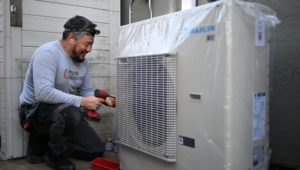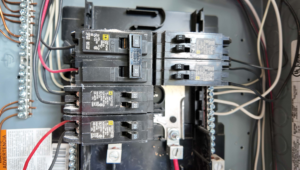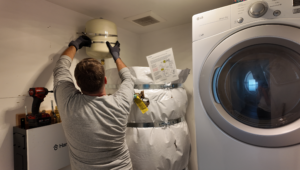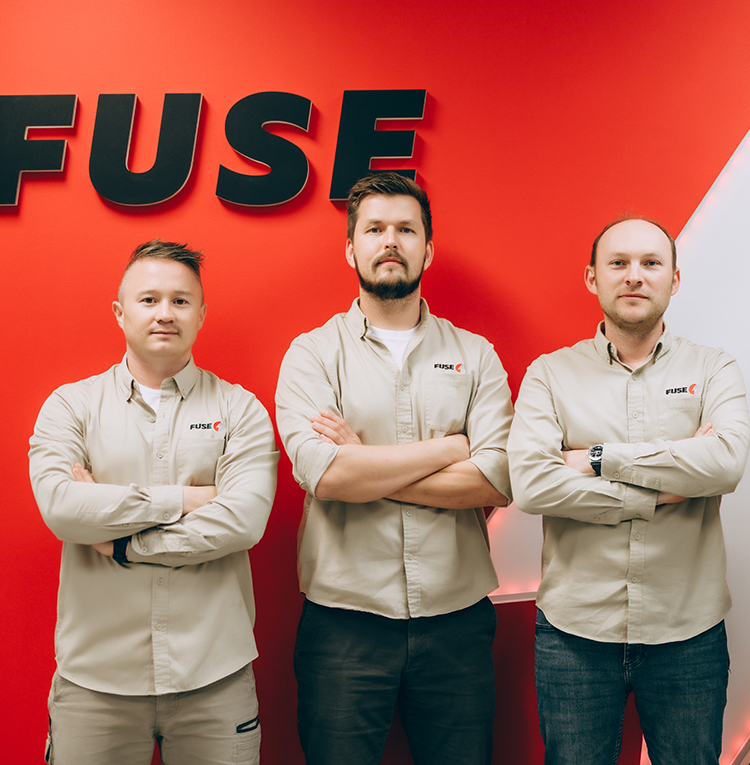Obtaining a permit for sewer line replacement in California is an intricate and demanding process. It involves a deep understanding of several permits and regulations. One may face numerous hurdles during the process, such as permit denial, which can significantly delay the project. Therefore, it is essential to comprehend the principal reasons for permit refusal and how to evade them.
1. Lack of Proper Documentation
Incomplete documentation is one of the primary reasons for permit denial. One must provide accurate and thorough documentation that specifies the scope of work and how it adheres to local regulations to obtain a permit. Any erroneous or incomplete documentation can lead to permit denial. It is advisable to scrutinize the permit application requirements carefully.
2. Failure to Meet Local Building Codes
Failure to comply with local building codes is another common reason for permit denial. California has specific building codes that must be followed when replacing a sewer line. Disregarding these codes can result in permit denial. Common code violations include improper slope, inadequate pipe size, and insufficient ventilation. One must ensure that the proposed work complies with all local building codes.
3. Environmental Concerns
Environmental concerns are also a significant factor that may lead to permit denial. Sewer line replacement work can have a substantial impact on the environment, and if the proposed work poses a risk to the environment or public health, the permit may be denied. It is crucial to assess the environmental impact of the proposed work and take appropriate measures to mitigate any risks. Additional permits may be required, or environmental specialists may be consulted to ensure compliance.
4. Lack of Insurance
Having the proper insurance coverage is a crucial factor for contractors in California to perform sewer line replacement work. Permit denial may occur if one hires a contractor who lacks the required insurance coverage. It is crucial to verify that the contractor has the necessary insurance coverage before commencing any work on the sewer line.
5. Property Line Disputes
Lastly, property line disputes are common during sewer line replacement work, as sewer lines are typically located underground. Permit denial may occur if there is a dispute over the property line until the issue is resolved. It is advisable to resolve any property line disputes before applying for a permit. A surveyor or attorney may be consulted to help resolve the issue.
In conclusion, obtaining a permit for sewer line replacement work in California is a demanding process that requires a deep understanding of several permits and regulations. One must comply with all regulations to avoid any problems or delays during the project. By providing accurate and complete documentation, ensuring compliance with local building codes, mitigating environmental risks, verifying insurance coverage, and resolving property line disputes, one can increase their chances of obtaining a permit and completing the project successfully. It is advisable to consult with a licensed contractor and the local government to ensure a seamless process.
Luckily, with Fuse Service you won’t need to worry about obtaining a permit. Since we are licensed contractors, we submit all the necessary documentation for you. We are also in charge of passing inspections and we will fix anything that does not pass it — though it is a very rare thing! Drop us an email at support@fuseservice.com or call (408) 721-2530 to get your plumbing work done!






